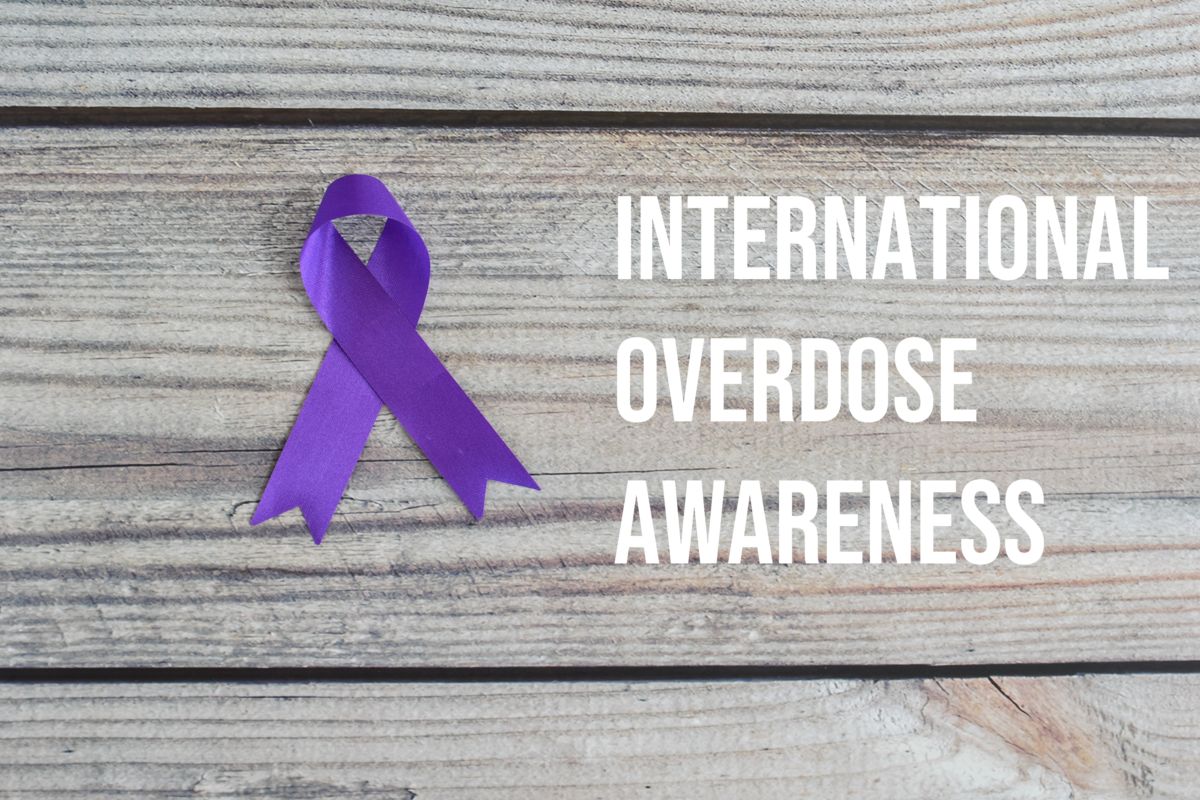Bizzell Awarded Four SAMHSA IDIQ Domains
Bizzell US (Bizzell), a global strategy, consulting, and technology firm, is excited to continue its successful partnership with the Substance Abuse and Mental Health Services Administration (SAMHSA). Bizzell has been awarded four domains as a prime contractor on SAMHSA’s Indefinite Delivery Indefinite Quantity (IDIQ) contract through 2027. The IDIQs help SAMHSA achieve its goal of reducing the impact of substance abuse and mental illness on America’s communities.
Through this award, Bizzell is eligible to compete for new contracts under the following domains:
- Domain I: Feasibility, Pilot, and Evaluation Projects
- Domain II: Statistical Projects
- Domain V: Technical Assistance and Training Projects
- Domain VI: Planning, Implementation, and Report Support Projects (8a and HUBZone)
Since Bizzell’s inception, the firm has worked with SAMHSA and other agencies within the Department of Health and Human Services to accelerate behavioral health advancements and improve services and resources for communities within the United States and across the globe. Bizzell has a full range of capabilities that can support SAMHSA’s mission, and includes program and project management, data analytics, evaluation and learning, and technical assistance and training.
Bizzell has conducted a wide range of feasibility studies, evaluation projects, and didactic learning seminars to strengthen health system interventions and training, foster data-informed decisions, and improve program outcomes and impact. Specifically, we’ve partnered with SAMHSA to provide direct technical assistance and support services to opioid treatment programs nationwide. Additionally, we’ve delivered in-person and web-based provider trainings in the areas of prevention treatment and recovery, substance use disorder and maternal and infant health, effective uses of medication assisted treatment, and improving cultural competence in substance abuse treatment.
“As a company, Bizzell is passionate about developing innovative solutions that lead to positive health outcomes,” says Anton Bizzell, M.D., President and CEO of Bizzell. “We are energized to support SAMSHA’s critical work to advance the nation’s behavioral health—especially now as more people struggle with mental health and substance use concerns and the demand for effective and accessible behavioral health services is growing.”
About Bizzell
Established in 2010, Bizzell US is U.S. Small Business Administration (SBA) HUBZone certified strategy, consulting, and technology firm with a mission to improve lives and accelerate change. Bizzell US develops innovative solutions to some of the most critical issues of our time such as health care services equity, global health, workforce innovation and other urgent needs facing the world. Under the leadership and vision of founder, Anton C. Bizzell, MD, the company has grown into a thriving firm headquartered in New Carrollton, Maryland with staff and offices in various regions around the country including California, Colorado, Oklahoma, and Georgia, and globally in Africa, Asia, and Central America. Learn more about how we develop data-driven, research-informed, innovative solutions to complex-real-world challenges. Learn more at BizzellUS.com.
The Bizzell Group Contact
Chad Brown DM, Chief Administrative Officer
301-459-0100 | cbrown@thebizzellgroup.com




